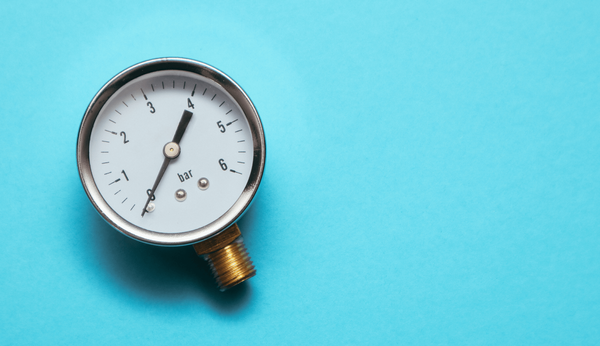Facing the dilemma of whether to invest or pay off your debt first can feel overwhelming. Both options come with their own set of benefits and considerations. In this article, we’ll explore the pros and cons of investing versus paying off debt, give you some key questions to ask yourself, and explore strategies for doing both at the same time.
First things first: What’s investing?
Investing is a way to potentially grow your wealth over time. It involves putting your money into different assets such as stocks, bonds, funds, or real estate with the expectation of earning a return on your investment. By harnessing the power of compounding, your money has the potential to grow over the long term.
The Benefits of Investing vs. Paying Off Debt First
Before committing to either option, it's important to weigh in on the advantages of both:
The benefits of investing
By investing early, you give your money more time to grow. You also have the potential to earn a higher return on your investments than the interest you are paying on your debt. With a proper diversification and long-term approach, you can minimise risks and maximise returns.
The benefits of paying off debt
On the other hand, paying off debt first has its own merits. It can bring you peace of mind and financial freedom. By reducing your debt burden, you can potentially increase your credit score and improve your overall financial health. And then the bottom line: paying off high-interest debt can save you from paying a significant amount of interest over time.
Questions to Ask Yourself Before Making the Decision
If you’re trying to decide whether you should focus on investing or paying off your debt first, ask yourself the following questions:
- What is the interest rate on my debt? If it is excessively high, it may be wise to prioritise repaying your debt first.
- Can I potentially earn a higher return through investing? If the expected returns on your investments are higher the interest on your debt, investing might be a viable option.
- How comfortable am I with carrying debt? If debt is giving you stress or impacting your ability to meet daily expenses, it might be best to prioritise debt repayment.
Strategies to do both: Invest and Pay Off Debt
Fortunately, it's possible (and advised!) to strike a balance between investing and debt repayment. One strategy involves focusing on high-interest debt while only making minimum payments on lower-interest debt. By aggressively tackling high-interest debt, you can reduce the overall amount of interest you pay, and still have enough to put towards your investment. Remember, there are no minimums to investing on the Franc app, so even if you only have R100 available today and R150 next month, you can put that amount into your investments.
Another strategy is to slowly increase your debt payments while allocating a set portion of your income to investments. This way, you chip away at your debt while also benefiting from the growth potential of your investments.
Deciding whether to invest or pay off debt first is a personal choice that depends on your unique financial situation and priorities. While investing can potentially provide long-term growth, paying off debt can bring immediate financial relief. By asking yourself some difficult questions, and considering the different strategies available, you can find a balance that suits your needs. Remember, it's never too early to start investing or paying off debt, so take action and embark on your financial journey today.










